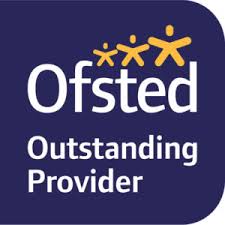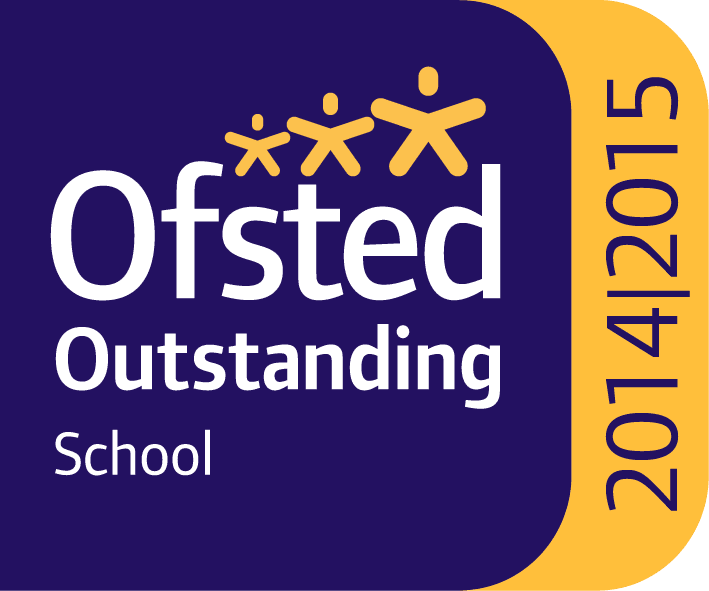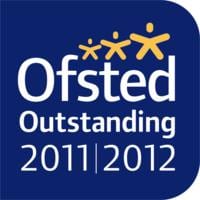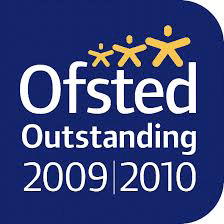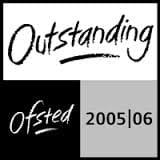Most children and young people in mainstream schools will have their special educational needs met through good classroom practice. This is called Quality First Teaching.
Early Identification of Need
In deciding whether to make special education provision to support educational, social, physical or emotional needs, we:
- Work in partnership with parents and carers before and during time at nursery Detailed information about a child is taken from parents when their child starts nursery and is updated throughout the time.
- We have regular parent meetings and take into account any concerns raised by parents. We pride ourselves on having an ‘open door policy’ where at any point parents can talk to staff.
- Consult and liaise with external agencies. We work closely with Speech and Language, Occupational Therapy, CAMHS, Educational Psychology, Paediatric Physiotherapy, Portage, Health Visitors and One Point Staff
- Use assessment tools & materials
- Use staff observation notes
- Use Short Notes which are shared with parents and carers
- Use advice from other agencies
SEN Support
Where a pupil is identified as having a special educational need we follow a graduated approach which takes the form of cycles of “Assess, Plan, Do, Review”.
This means that we will:
- Assess a child’s special educational needs through staff observations and discussions with parents
- Plan the provision to meet the child’s aspirations and agreed outcomes through a SEN support plan outlining the additional provision that we will make with agreed outcomes
- Do put the provision in place to meet those outcomes
- Review the support and progress through observations, assessments and discussions with parents
As part of this approach, every child with SEND will have an individualised Support Plan that describes the child’s needs, outcomes & provision to meet those needs. Parents/carers and child (where appropriate) views are integral to this process. If parents/carers have concerns they are given the highest priority and a meeting is arranged with the Headteacher, who is also the SENCO.
In evaluating SEND provision, outcomes are evaluated in relation not just to individual children but for the cohort as a whole. Regular monitoring by the Headteacher and Deputy Headteacher ensure that all children, including those with SEND receive high quality teaching. As the staff work as a team, all staff are made aware of individual needs of children through regular staff and recall meetings, allowing a unified approach in teaching and learning.
A small percentage of children and young people with significant and/or complex needs may require an assessment that could lead to an Education, Health and Care Plan.
The purpose of an EHCP is to make special educational provision to meet special educational needs of the child or young person, to secure the best possible outcomes for them across education (SEND Code of Practice p.142). It is a legal document that describes a child or young person’s special educational, health and social care needs.
For more detailed information see the Local Offer

